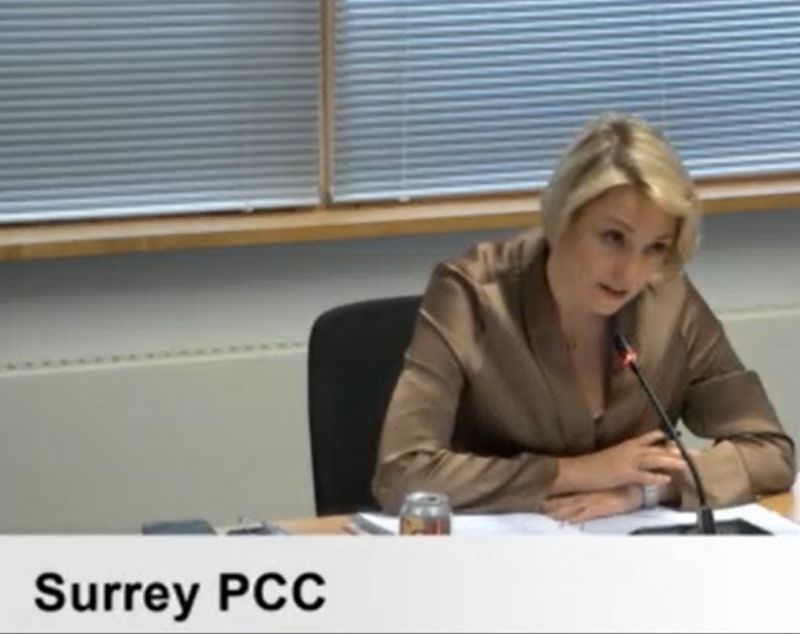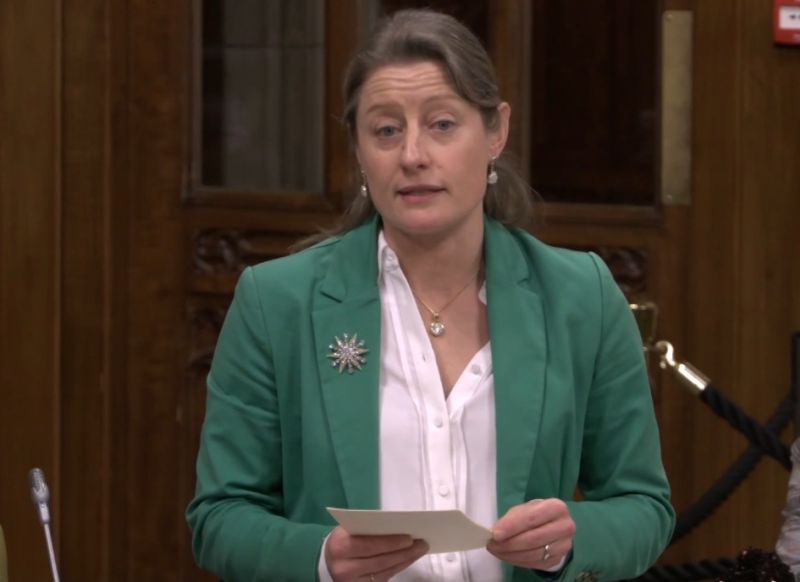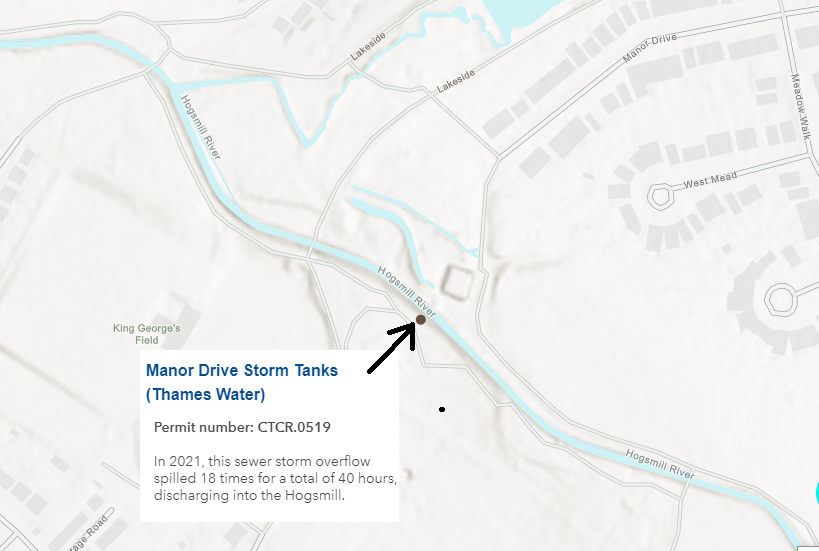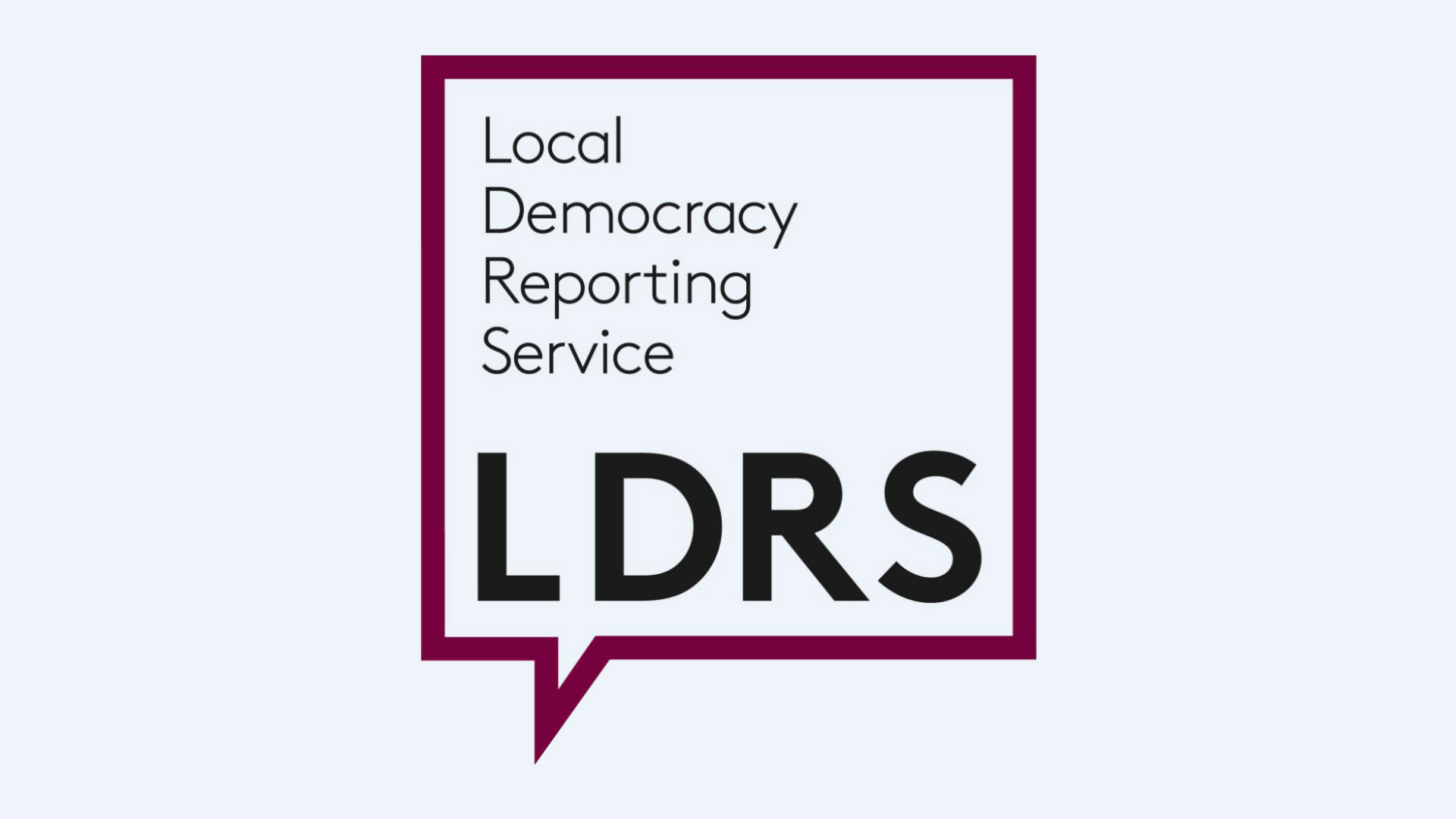Thames Water among worst in country
Standout levels of pollution and poor monitoring has left Thames Water languishing joint last among the country’s “very disappointing” water and sewerage companies.
The damning verdict was delivered in a report by the Environment Agency which measured the performance of the nine companies operating in England.
It found that there were 2,026 “pollution incidents” from sewerage and water supply – up from 1,883 in 2021 leading to the EA’s chair, Alan Lovell to describe the situation as “simply unacceptable”. Worse, he said, was that early unconfirmed data for 2023 suggests there has been no improvement this year either.
The report, published July 12, found that for serious pollution incidents four companies performed significantly below target – and none more so than Anglian Water and Thames water.
In total there were 44 of the serious incidents – and 38 per cent of those were from Thames Water alone – its worst performance since 2013. Of the six worst polluting incidents, half were from Thames Water.
The beleaguered company, which has faced calls to be renationalised in recent weeks, also led the way in the number of category 3 incidents that caused minor impacts to air, with four.
For planned environmental improvement schemes, 99.5 per cent were completed as part of the Water Industry National Environment Programme however three companies failed to meet all requirements and Thames Water, with its red rating, performed the worst.
In 2019,regulators Ofwat set the prices water companies could charge and developed environmental programmes for each firm to follow.. Thames Water was the only one to have performed “significantly below target” due to 12 water-quality schemes not meeting requirements within planned deadlines.
The EA also expects water companies to report pollution to the body first as “without a rapid response, the impact of pollution can escalate and the opportunity for mitigation measures can be lost.” The report said that Thames Water was one of four companies to fall below this target, the others being Anglian Water, South West Water, and Yorkshire.
According to the EA, water companies must also install monitoring devices on their storm overflows to capture how often and how long they are used. Thames Water again came last among the utility companies with 61.8 per cent coverage compared with market leader Severn Trent Water which had 99.6 per cent coverage.
Thames Water scored well for satisfactory sludge use and disposal, as well as for its compliance with permits to discharge treated wastewater.
Concluding, the report read: “The sector as a whole needs to improve in order to achieve and sustain expected levels of regulatory and environmental performance. The majority of water companies are not meeting basic environmental requirements. Although we have acknowledged some improvements, these results cannot be taken in isolation. They are set against the backdrop of poor and inconsistent results over recent years.
“We are concerned that some companies will not or cannot change. Anglian Water and Thames Water repeatedly dominate serious incident numbers.” It added: “These water companies in particular need to make radical changes now, but all water companies have areas to improve.”
A spokesperson for Thames Water said: “Protecting the environment is fundamental to what we do and we recognise our performance in preventing pollutions is still not good enough. We’re committed to turning this around and our shareholders have approved additional funding into the business so we can improve outcomes for customers, leakage and river health.
“Alongside implementing our pollution reduction plan to deliver these changes, we have plans to upgrade over 250 of our sewage treatment works and are striving every day to reduce the discharge of untreated sewage into our rivers. This is a key part of our River Health Action Plan to radically improve our position in order to protect and improve the environment, as we strive to eliminate all incidents in the future.”
The company has also announced that shareholders agreed to provide an additional £750m to “further improve operational performance and financial resilience”.
Related reports:
“Garden of Eden” coming to West Ewell as Wetlands Plan is approved. Will this stop pollution?




















